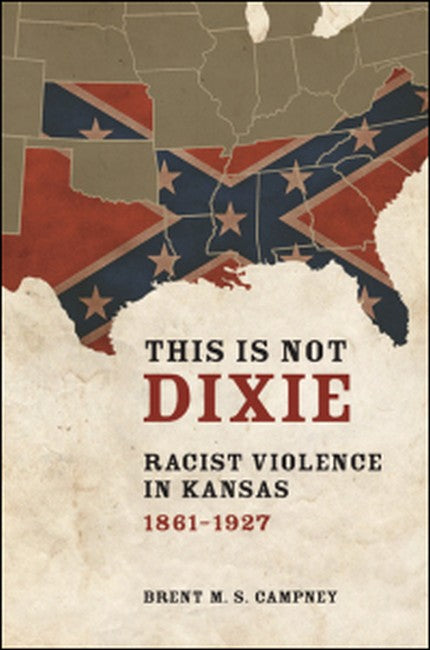""A significant contribution to the field of racial violence and the understanding of the history of Kansas in the postCivil War period. . . . This Is Not Dixie secures the University of Illinois Press's dominance as a publisher of scholarship on racial violence in the postCivil War era. Highly recommended.--Choice""This is Not Dixie exponentially expands our understanding of racist violence in the Midwest and in so doing fills out the national picture and puts the South in greater context. Deeply attentive to African American resistance to white violence, this landmark book is required reading for all interested in the sadly pivotal role of racist violence in America's past.""--Michael J. Pfeifer, author of The Roots of Rough Justice: Origins of American Lynching ""Part of a new wave of scholarship that broadens our examination of racial violence. This book is an important contribution to lynching studies and African American history and to the history of the Midwest. The scholarship is top notch.""--William D. Carrigan, author of The Making of a Lynching Culture: Violence and Vigilantism in Central Texas, 1836-1916 ""Campney's focus on Kansas provides new and important evidence of the extent of racist violence in a non-Southern state. This is the rare book that does far more than add to the cumulative knowledge in an area of study. It challenges underlying assumptions, takes new perspectives on the material, and opens new lines of inquiry in several areas.""--Margaret Vandiver, author of Lethal Punishment: Lynchings and Legal Executions in the SouthPublication of the book made possible in part by a grant from the University of Texas-Pan American.

